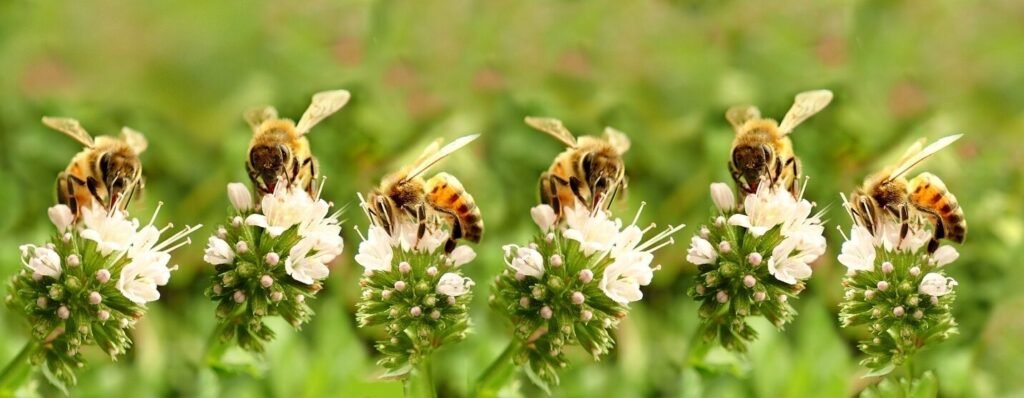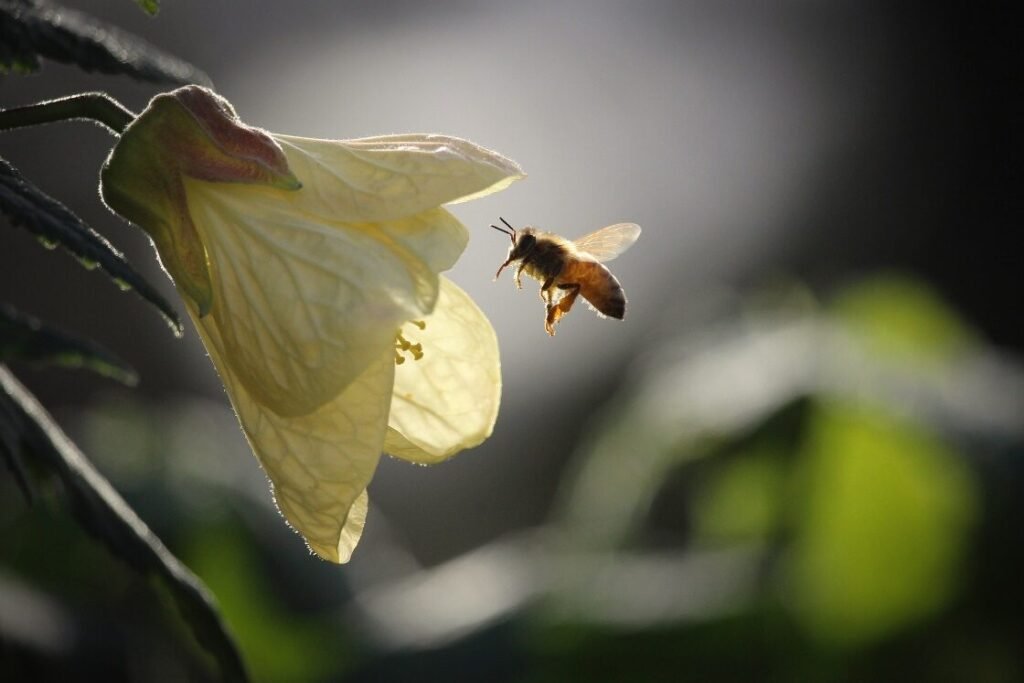Bees and Agriculture: The Critical Importance of Pollinators

You know, when we think about agriculture, we often picture huge fields of crops, farmers diligently working the land, and the abundant harvests that feed our families and communities.
However, Bees are a hidden hero in this story, because they are essential to the production of food! Our agricultural systems’ success and the well-being of our ecosystems depend on these tiny but powerful pollinators. In truth, bees pollinate almost 75% of the blooming plants on Earth, including a large number of the crops that we eat every day. Isn’t that incredible? So, for everyone who appreciates fresh fruits, vegetables, and nuts, not only farmers, it is essential to fully understand their significance.
Beyond their role in agriculture, bees play an important role in biodiversity, helping to pollinate not only food crops but also wild plants that serve as habitat and food for a variety of wildlife species. This interdependence is essential for the health of ecosystems, which in turn support clean air and water, regulate climate, and provide resilience against environmental changes. Additionally, bees help produce fibers, oils, and other raw materials that are necessary for a variety of industries; for example, pollination is necessary for the production of cotton, a staple in textiles. Therefore, protecting bee populations is not just about preserving our food supply; it’s about protecting the entire web of life that keeps us alive.
Bees are among the most important pollinators on the planet. The process through which pollen from male flowers is transmitted to female flowers, enabling plants to develop fruit and seeds, is known as pollination. Although a wide variety of insects help in pollination, bees are especially effective at it because of their biology and behavior.
Bees are essential for agriculture for the following main reasons:

- Pollination Massive players:
Approximately 75% of blooming plants worldwide are pollinated by bees. This comprises a variety of crops that are essential to human nutrition, including tomatoes, apples, almonds, blueberries, and cucumbers. These plants would find it difficult to reproduce without bees, which would significantly lower the amount of food available.
- Biodiversity Boosters:
Bees contribute to the preservation of biodiversity in ecosystems by pollinating a diverse range of plants. The resilience and health of ecosystems depend on this diversity, which supports not only food crops but also wildlife habitats.

